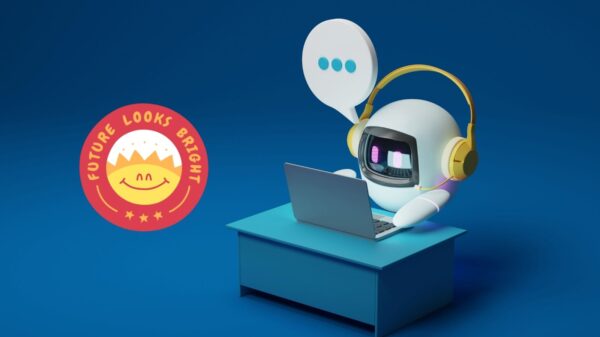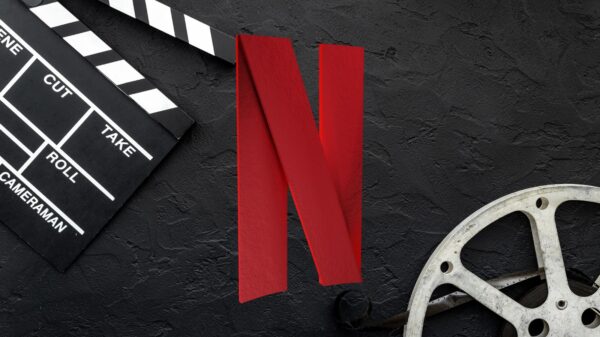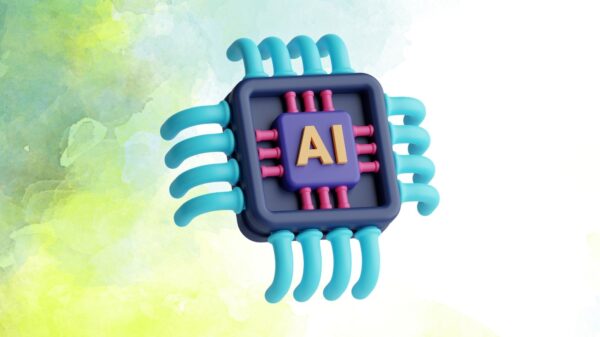In the dynamic landscape of today’s professional world, the pursuit of a successful career requires not only competence but a comprehensive approach to readiness. This guide is your roadmap to the essential facets of becoming career-ready. Whether you’re an ambitious student, recent graduate, or seasoned professional, this guide will furnish you with the knowledge and skills necessary to not just survive, but thrive in your chosen vocation. From educational pursuits and skill cultivation to strategic job searches and personal growth, every aspect of career preparedness will be meticulously addressed. Embark with us on this journey toward your prosperous career trajectory.
1. Educational Foundation: Building Your Knowledge Base
A solid educational foundation forms the bedrock of a successful career. Continuous learning and skill acquisition are pivotal. Consider these steps:
- Set Clear Goals: Define your educational and career objectives. Know where you’re headed to plan effectively.
- Choose the Right Institution: Ensure you pick the right school, college, or university, aligning with your career path.
- Develop Critical Skills: Acquire the skills relevant to your field of interest, whether technical or soft skills.
- Lifelong Learning: In this era of rapid change, be prepared to engage in lifelong learning. Attend workshops, take online courses, and never stop improving your knowledge.
2. Skill Cultivation: Becoming Proficient in Your Field
Once you’ve laid the educational groundwork, your skills will be your most significant assets. Here’s how to develop them:
- Industry-Relevant Skills: Identify the specific skills that your desired career demands and focus on honing them.
- Practical Experience: Seek internships, co-op programs, or part-time jobs in your field to gain practical experience.
- Soft Skills: Don’t neglect soft skills like communication, teamwork, and problem-solving. These abilities are highly valued by employers.
- Certifications: Consider gaining industry-specific certifications to enhance your skill set.
3. Personal Branding: Presenting Your Best Self
Your personal brand is how you present yourself to the professional world. It includes your resume, online presence, and reputation. Here’s how to build it:
- Resume Building: Craft a professional resume highlighting your education, skills, experience, and accomplishments.
- Online Presence: Manage your social media profiles and create a LinkedIn account to network and showcase your professional side.
- Networking: Attend industry events and join professional associations to expand your network.
- Reputation Management: Maintain a positive and ethical reputation in both your professional and personal life.
4. Job Search Strategy: Navigating the Hiring Process
An effective job search strategy is vital to landing your dream career:
- Research: Thoroughly research your desired job market, industry trends, and potential employers.
- Networking: Leverage your network to discover job opportunities, get referrals, and learn about the hidden job market.
- Customized Resumes and Cover Letters: Tailor your application materials for each job you apply to, showcasing how your skills align with the position.
- Interview Skills: Prepare for interviews by practicing common questions, researching the company, and developing compelling answers.
5. Personal Growth: The Journey to Self-Improvement
Your career readiness extends beyond your professional life; it encompasses personal growth:
- Work-Life Balance: Strive to balance your professional and personal life to maintain mental and physical well-being.
- Adaptability: Be open to change and willing to adapt as your career evolves.
- Leadership Skills: Develop leadership abilities that can set you apart and lead to career advancement.
- Confidence: Believe in yourself, your skills, and your journey toward success.
6. Mentoring and Guidance: Learning from Others
Seeking guidance from mentors or career advisors can provide invaluable insights into your chosen field. Consider these steps:
- Find a Mentor: Look for experienced professionals who can offer guidance, advice, and support.
- Networking Groups: Join networking groups to connect with mentors in your industry.
- Career Services: If you’re a student, utilize your institution’s career services for resources and guidance.
Conclusion:
In the pursuit of a successful career, preparation is key. Being career-ready means aligning your educational foundation, developing your skills, establishing your personal brand, strategizing your job search, fostering personal growth, and seeking guidance from mentors. It’s a holistic approach that ensures you’re not only equipped with the right knowledge and skills but also with the mindset and network to thrive in the professional world. So, embark on your journey toward career readiness, and open the doors to a prosperous future.
As you follow this guide, remember that being career-ready is not an endpoint but an ongoing journey. Stay committed to learning, growth, and adaptation, and your success in the professional world will be within reach.




























